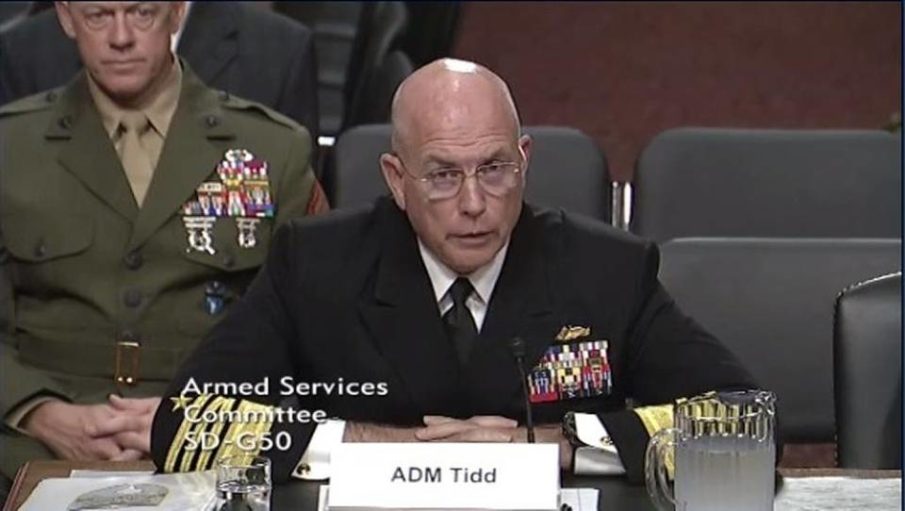Admiral Kurt W. Tidd, commander of U.S. Southern Command, conducted an interview for the Department of Defense’s internal news service on Thursday in which he laid out America’s intent to remain the “partner of choice” for Latin American nations in the face of an increased Russian, Chinese, and Iranian presence in the region.
According to Tidd, the three political opponents of the United States are “present and very active” in Latin America, making it integral that the United States provide better options to partners than our adversaries.
“If we’re concerned about them on a global scale, that means we need to make sure that we pay attention to what they are doing in the Latin America region,” he said. The Admiral went on to add that the three nations he cited are “attempting to displace the United States as the partner of choice.”
According to Tidd, the U.S. presents potential partners in the region with a “more compelling message,” but that the United States needs to work to ensure nations in Latin America want to partner with us and that it remains easy for them to do so.
The effort to make the United States an appealing partner in South America has included a recent transition away from America’s traditional focus on countering drugs, cocaine in particular. The biggest concern for U.S. interests now, Tidd explained, is countering networks that are used by criminal elements and terrorist organizations. This shift doesn’t preclude fighting drug trafficking, but has been forced to grow to encompass more.
“As we have done so, we have discovered that there are in fact terrorists that are taking advantage of some of these networks to be able to move in the direction of the United States,” he said. “There has long been a belief that the phenomenon of ISIS was somehow isolated to the Middle East or to North Africa; the reality is ISIS is present here in our hemisphere,” Tidd said, pointing out that radicalization can happen in any place on the globe.
“We are all now taking this threat very seriously, and beginning to share information more effectively so that we can get after this problem,” he said.
Tidd, who took control of SOUTHCOM more than a year ago, also appeared before the Senate Armed Services Committee this week, alongside the commander of U.S. Northern Command, Air Force General Lori J. Robinson.
“We have partners in this part of the world that are very capable,” Tidd said to the Senate. “They are very well-trained; they have good equipment and so we have been working with them on a number of areas as we all collectively attempt to develop a force that is prepared to deal with the security challenges of the 21st century.”
Tidd explained that in order to establish the kinds of partnerships we need to ensure the safety of the U.S. and her allies, we must work hard to establish a lasting trust between us and the nations we work alongside.
“Every day we take a look at what are the things we can do to create trust where perhaps it doesn’t exist, to be able to sustain trust and then finally to be able to make sure that we do nothing that compromises that trust,” he concluded.
Already have an account? Sign In
Two ways to continue to read this article.
Subscribe
$1.99
every 4 weeks
- Unlimited access to all articles
- Support independent journalism
- Ad-free reading experience
Subscribe Now
Recurring Monthly. Cancel Anytime.


COMMENTS